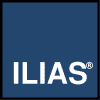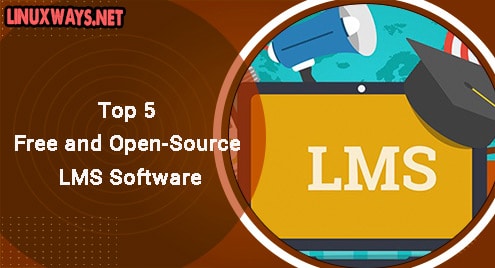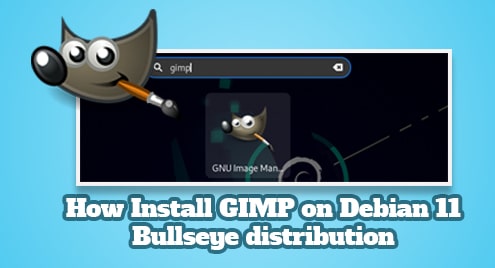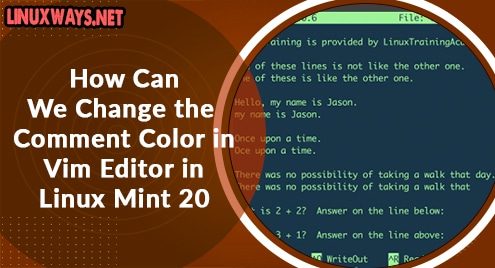The learning management system (LMS) has been around since 1990 when Soft Arc released the first-ever LMS known to man, named FirstClass. Since then, numerous LMS have been introduced, each more refined and more developed, and thereby motivating and promoting online learning or eLearning. The LMS software allows users to learn various courses or subjects right from their homes or offices. The eLearning helps companies grow by allowing their employees to get various certifications. Similarly, the students can instantly learn a course required for their projects or casual learning. The key features of a typical LMS include an integrated virtual classroom, course descriptions and their management, communication management, reports, multilingual support, technical support, Shareable Content Object Reference Model (SCORM) compatibility, student assessment management and creation, a customizable platform, and an eCommerce module for seamless payments management. In this article, we discuss the free, open-source, and cross-platform compatible LMS software. The open-source software enhances the flexibility of any software immensely and therefore is the key highlight of our discussion and analysis.
Moodle

Moodle is a renowned LMS software across the globe. The software is a free and open-source product that comes under the GNU General Public License. The software is widely adopted by many universities, colleges, companies, and organizations.
The key features and highlights of the efficient LMS are its simple, modern, and easy to use interface, personalized dashboard, convenient file management, collaborative tools and activities, simple and intuitive text editor, detailed reporting and logs, notifications, alert and progress tracking, multilingual capability, supports open standards, high interoperability, multimedia integration, customizable site layout and design, regular security updates, peer and self-assessment, encourage collaboration, embed external resources, marking workflow, integrated badges, all-in-one calendar, etc.
Get it now from https://download.moodle.org/
Forma.lms

The forma.lms is renowned mostly across the corporate sector for training its employees and staff. The free and open-source software is compatible with most of the leading operating systems. The tool offers a free version to download which is one-minus from their latest stable release. If users require the latest version, then they must buy the subscription.
The features included in the efficient LMS are flexible user management, an engaging user experience, responsive user interface, outstanding report system, extensive eLearning, classroom management, talent management, integrated certificate system, video conferencing integration, multi-client, roles and competencies, native commerce functionalities, extend with a plug-in, API integrations, and the list goes on.
Get it now from www.formalms.org/download.html
ILIAS

ILIAS is another free, open-source, and cross-platform compatible eLearning or an LMS software. The software is a German-based product. However, it can be adopted by anyone across the globe, and it comes under the GNU General Public License.
The efficient and enhanced open-source software comes equipped with numerous features and functionalities. To list a few are its integrated asynchronous learning capabilities, corporate and business sector compatible, blended learning, academic and education-based software, built-in course authoring, eLearning companies compatible, mobile learning, video conferencing, self-enrolment, and self-registration functionality, SCORM Compliance, and the list go on.
Get it now from https://www.ilias.de/download-ilias/
Opigno
![]()
Opigno is a Drupal-based free, open-source, and cross-platform compatible software. The tool offers a seamless eLearning experience to students, and corporate sector employees, or any personnel. The product supports every sector, from health to education-based institutes.
The key features and highlights of this efficient eLearning or LMS software are blended learning, flexible access control, H5P technology, SCORM compliance, embeddable collaboration layers, global and course-specific forums, global and course-specific forums, training management, BrowserStack, integration, reporting, collaborative tools, asynchronous self –paced, roles management, education and academic based tool, video conferencing, corporate and business compatible software, gamification, security, user roles, authentication, accounts, and enrolment, e-commerce, global calendar, etc.
Get it now from https://www.opigno.org/download
Sakai

Sakai is the name of a city in Japan, and it also refers to the Japanese play named Iron Chef. A large portion of the Sakai project initially was based on the University of Michigan’s CHEF course management system thereby giving it its unique name, Sakai. The Sakai LMS is a free, open-source, and cross-platform compatible software that comes under the Education Community License. The tool is an optimal choice for educational institutes or the corporate sector.
Some of the key features of the tool are learning management, project collaboration, quizzes, and tests, research collaboration, the extensive calendar feature with calendar summary, syllabus and assignments, discussion and chat forms, ePortfolio, external app integrations, report aggregation, podcasts, Sakai extensions, lesson builder, gradeboo, graded discussions, individual workspace, grades and feedback, email participants, multiple languages, DropBox, community and contributed tools, content development and delivery, and course and system management.
Get it now from http://source.sakaiproject.org/release/21.1/
Closing Remarks
The article discusses the best LMS software that is free, open-source, and cross-platform compatible. The top five here discussed LMS is Moodle, forma.lms, ILIAS, Opigno, and Sakai. All the discussed LMS software offers an intuitive and flexible platform for students and the corporate sector personnel alike. Anyone across the globe can benefit from the seamless eLearning experience via the discussed platforms as they ensure quality content and seamless course management and top-class user experience.





